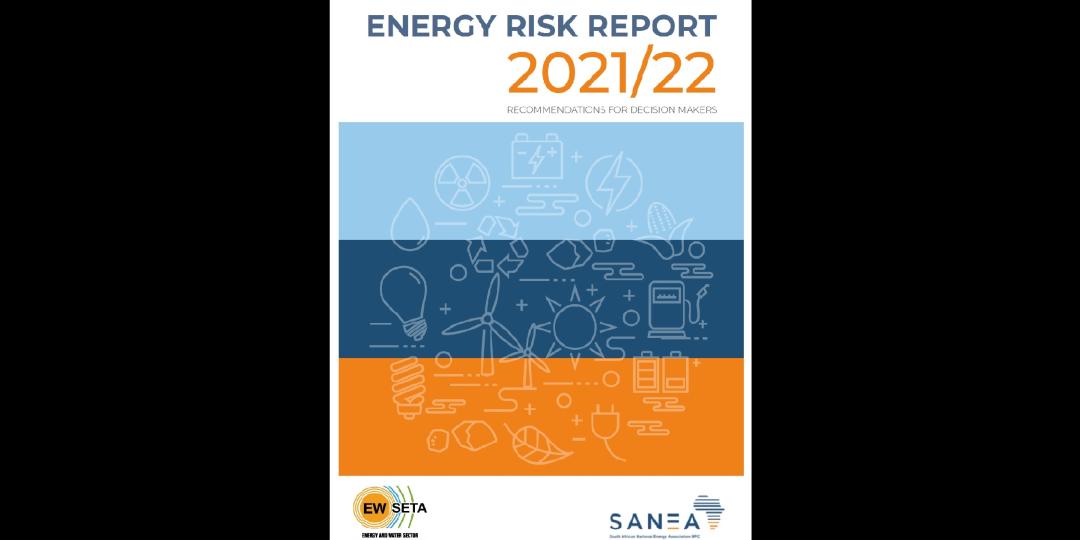Information from SANEA
The South African National Energy Association (SANEA) embarked on a process in 2018 to expose the energy risks facing South Africa at both national and industry levels. The process results in an annual report which is intended to support decision makers in government and beyond as they make plans which will affect the economy.
For the 2021 report SANEA’s Energy Experts Group (“the Group”) reviewed and adjusted the uncertainties highlighted in last year’s report. It also included various case studies which document some of the steps taken over the last year to deal with these uncertainties.
This is the Executive Summary of the report
Click here to download the full report
2021 has already been a year of significant change, partly impacted by the continued presence of the Covid-19 virus, but also due to several other developments.
Covid-19’s emergence in 2020 resulted in significantly lowered global energy demand, while economic implications included a large reduction in government and business revenue, a decrease in environmental impact and, in some cases, an increase in job losses.
Dealing with the spread of Covid-19 emphasised inherent structural weaknesses and vulnerabilities in the South African economy and social inequity increased as a result. It remains to be seen what longer-term impacts on the global and local energy sectors will result from the continued battle against the spread of the virus.

Some changes (such as increased periods of working from home) may well permanently shift energy consumption levels and patterns to a new normal. Given the change in context, the Group added two new uncertainties, namely regional geopolitics, and energy storage technologies, including green hydrogen and other clean technologies. Some uncertainties identified previously were combined, viz., decision paralysis and parochial interests, and appropriate policy and long-term vision.
There are 24 uncertainties in total which have been highlighted for action. When these findings were viewed, considering the changes in context and extent of shifts in uncertainties, the following conclusions were drawn by the Group:
- Progress has been made to reduce policy uncertainty, particularly in energy policy and in the development of a National Climate Change Bill. But the action taken is insufficient and the change is too slow.
- Progress has been made to improve energy (electricity) with the process for emergency procurement of electricity generation having been concluded and self-generation enabled through reduced regulation. The next round of the REIPPPP is also underway.
- Covid-19 has increased the levels of uncertainty and its effects will be felt for years to come.
- In some cases, the level of uncertainty has reduced, as in the case of a climate change framework and the implementation of renewable technologies.
- The longer-term vision for the energy sector is still unclear.
- Minimal change is happening in numerous areas, rather than significant change in a select few areas.
- Integrated infrastructure plans are not in place, meaning that sector coupling, one of the key opportunities of the energy transition to lower carbon technologies, is not being prioritised.
The Group considered the recommendations made in the 2020 Risk Report to be still appropriate but noted that several of these have increased in urgency, given their potential impact and the fact that they drive the future energy sector.
These recommendations include those related to the development of a national integrated energy plan (IEP) and an associated just-energy-transition trajectory, as these provide focus as well as certainty for manufacturing and other sectors.
Localisation opportunities for new energy infrastructure are evident in the increasing number of independent power producers active in developing new electricity generating capacity.
Another recommendation still valid is the call for a well-defined electricity sector market structure, with clear associated rules, to boost investor confidence and allow the development of appropriate business models to allow for a robust electricity sector.
This is the Executive Summary of the report
Click here to download the full report
Contact SANEA, Phone 010 312-6797, sanea@sanea.org.za, www.sanea.org.za















